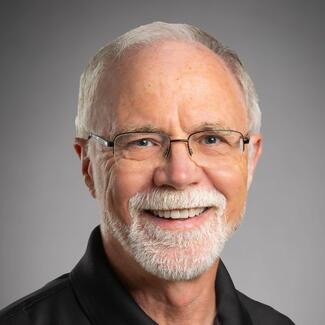Deaths by OD in Boston `Staggering,` Likely to Rise
April 24--At least 65 people died of accidental drug overdoses in Boston last year, a "staggering" number that could be just the tip of the city's opiate scourge as the cause of death in nearly 300 cases are tied up in the state Medical Examiner's Office.
The figure, culled from a review of hundreds of city death certificates provided to the Herald through a public records request, represents the first hard data on recent overdoses in Boston, whose numbers -- like those of Worcester and Springfield -- were not included in the stunning state police estimate of 185 overdose deaths since November in the Bay State.
It marks a jump from the latest figures the city has from 2011, when there were 59 overdose deaths, and covers a range of substances, including heroin, prescription pills, cocaine and amphetamines, among others. Two more overdoses were ruled suicides.
"The opiate deaths are staggering," said City Councilor Michael Flaherty, vice chairman of the council's public safety committee.
Flaherty is calling for the city to push for "treatment on demand," giving those looking for help more immediate access to beds in treatment centers, adding, it's "clear we have a substance abuse epidemic in Boston, throughout all of our neighborhoods."
Experts and officials say the actual number of fatal overdoses is likely far higher as state and local officials grapple with the heroin crisis, which last month prompted Gov. Deval Patrick to declare a public health emergency.
Dating to Jan. 1, 2013, there are 283 deaths in Boston in which the cause is still considered "pending" by the state Medical Examiner's Office, according to a Herald review of the records. It's impossible to say how many were overdoses or other circumstances -- underscoring the lack of real-time data officials have access to -- but Mayor Martin J. Walsh said yesterday he "certainly" knows it's more.
"I don't need a death certificate to tell me we have a problem with heroin deaths in our city," Walsh said, though he admitted it's "frustrating" not having an exact number. "It can be used to increase funding to fight the epidemic we are facing right now in the city and the state and this country. But I think the thing that is more frustrating is that we have to put more resources into the fight on drugs here in this country."
State Rep. Jeffrey Sanchez (D-Jamaica Plain), co-chairman of the House Committee on Public Health, said the numbers "further validate what we know and, at the same time, what we still don't know."
Terrel Harris, a spokesman for the state Medical Examiner's Office, said the state's nine examiners conduct, on average, 3,200 exams a year.
"No two death investigations/autopsies are exactly the same, and no two investigations take the same amount of time," Harris said in an email, though he noted it can generally take up to six months to issue a cause of death. "However, that is dependent on case circumstances."
He added that the office "does not consider the number of pending death certificates a backlog, but rather, cases in progress."
State Rep. Carlo Basile (D-East Boston) said the delay in information officials are dealing with "sounds more like an ME's problem."
"I can't comprehend that," he said of waiting over a year for a cause of death. "It's frustrating. We need to find a better system of finding out in real time how we're losing our kids to this epidemic."
Copyright 2014 - Boston Herald















